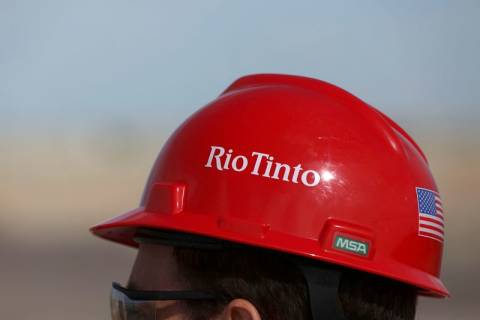By Tejaswi Marthi and Sonali Paul

(Reuters) -Rio Tinto on Monday ousted the chairman and two other board directors at its uranium unit, a key victory in a dispute over potential mining in Australia's Kakadu national park that had threatened its efforts to rebuild ties with indigenous groups.
Energy Resources of Australia (ERA) said on Monday that its chairman, Peter Mansell, and two other board committee members had agreed to step down after Rio called for Mansell's resignation.
ERA, 86% owned by Rio, has been looking to raise funds to help cover the estimated A$1.6 billion to A$2.2 billion ($1 billion-$1.4 billion) cost of cleaning up the tapped-out Ranger uranium mine in Australia's Northern Territory through a share sale.
Rio, however, was angered after an expert report last month commissioned by ERA suggested that indigenous groups may ease their opposition to further mining in the area.
The traditional owners, the Mirarr people, have been opposed to any further mining in the area including the nearby Jabiluka uranium deposit - a position that Rio has backed.
The issue is highly sensitive for Rio, which is trying to repair its ties with indigenous groups after destroying sacred rock shelters at Juukan Gorge in Western Australia in 2020 for an iron ore mine expansion.
Our utmost priority and commitment is to the rehabilitation of the Ranger Project Area in a way that is consistent with the wishes of the Mirarr People, said Kellie Parker, Rio Tinto chief executive Australia.
However, given our recent dealings with the Independent Board Committee and last week’s release of the Grant Thornton valuation report, we do not believe that can be achieved without renewal within ERA's board, she said.
Rio Tinto also said discussions to amend a A$100 million credit facility to assist ERA with immediate liquidity issues were progressing.
($1 = 1.5547 Australian dollars)
(Reporting by Tejaswi Marthi in Bengaluru and Sonali Paul in Melbourne; Editing by Edwina Gibbs)
